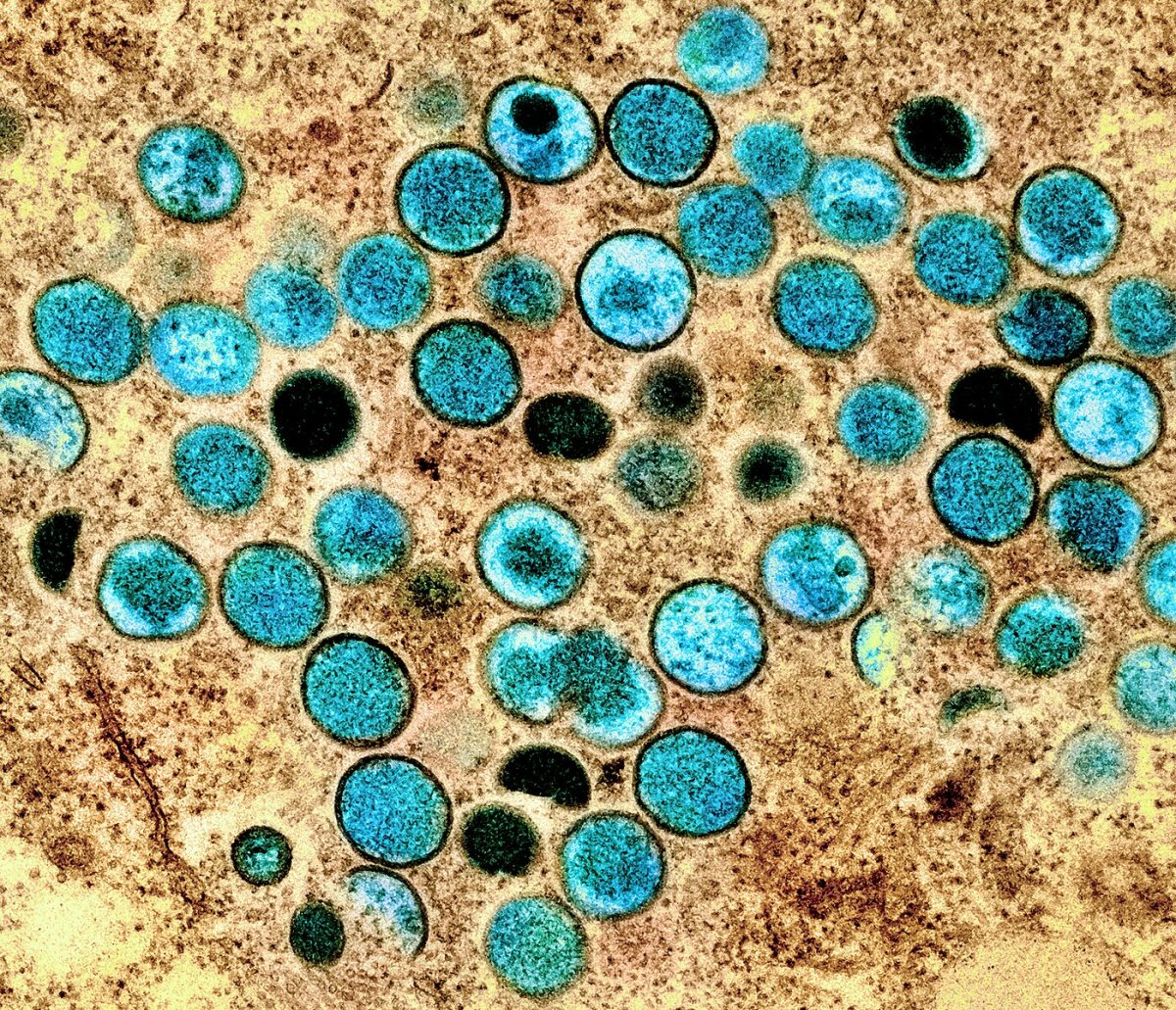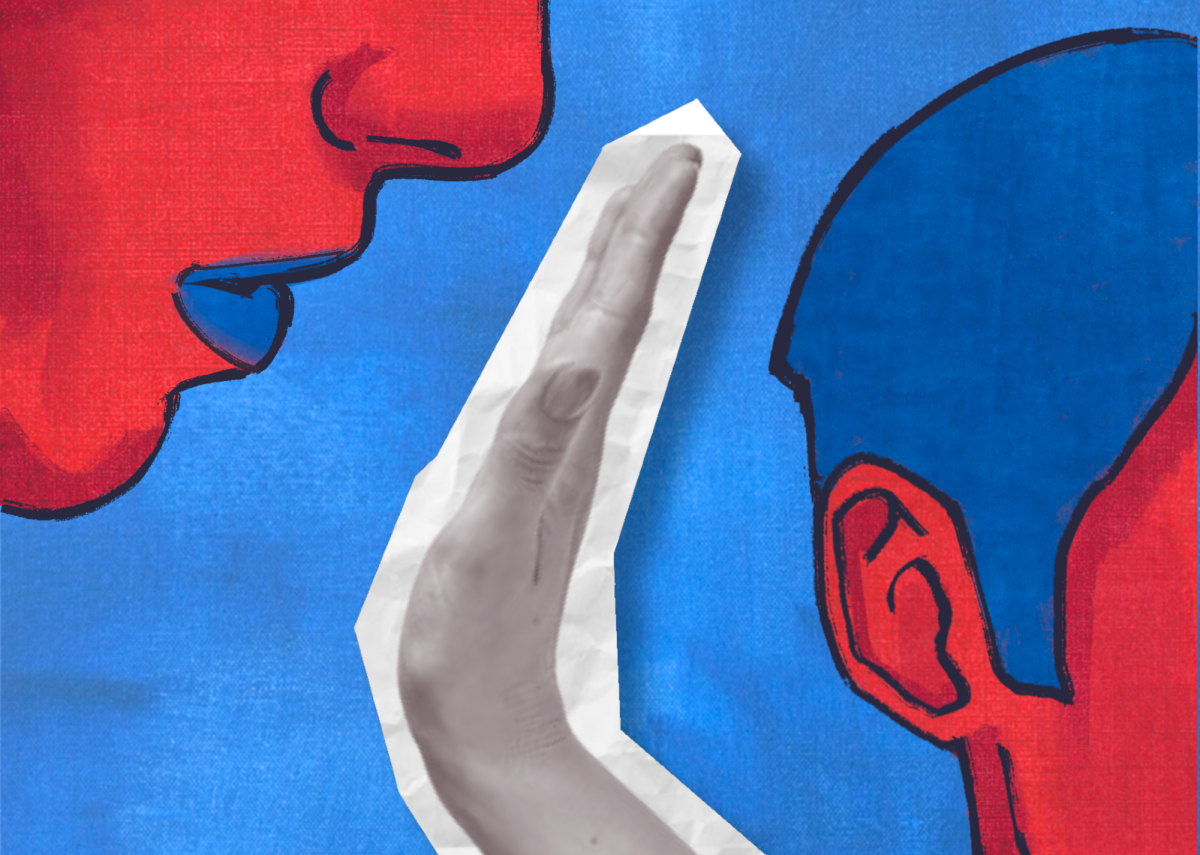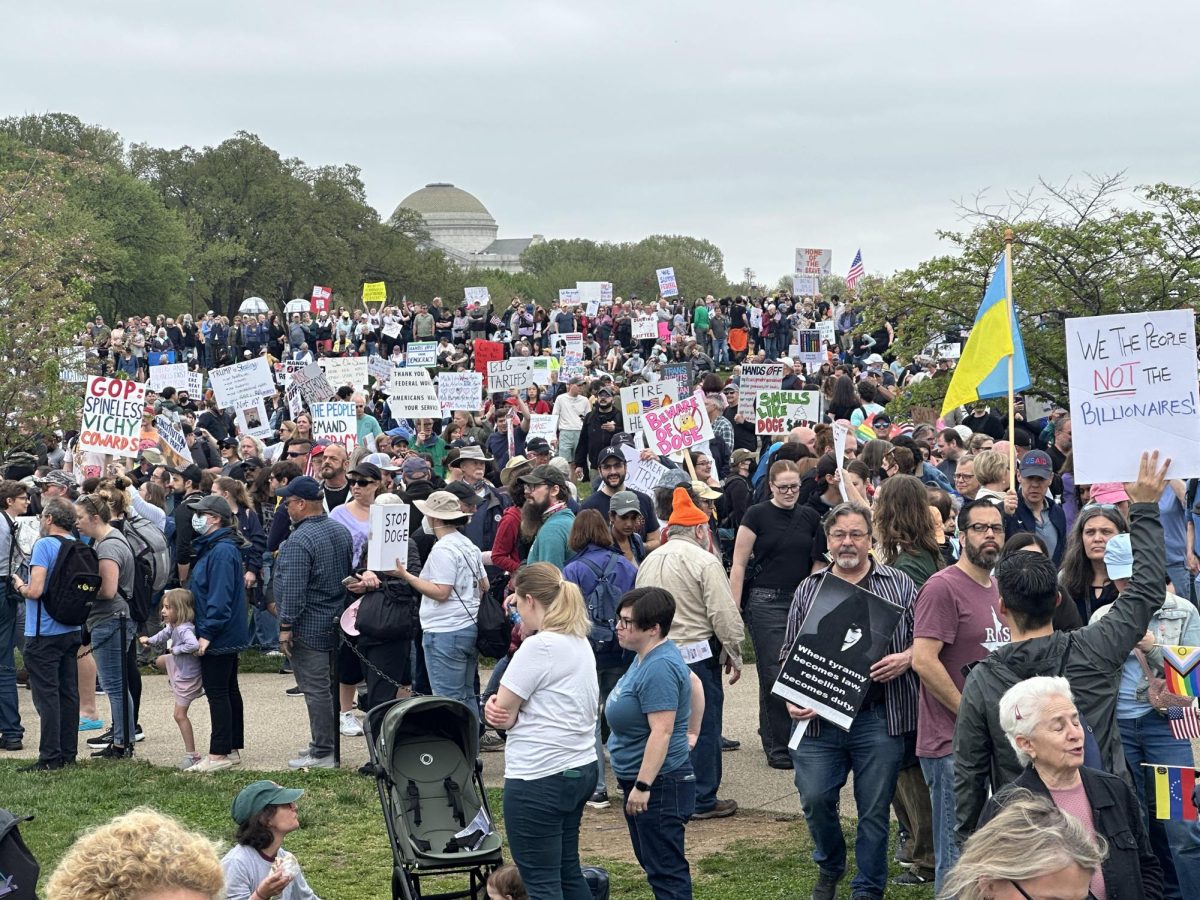A 2024 version of the Monkeypox, or Mpox, virus has broken out in the North Kivu Provinces of the Democratic Republic of the Congo. On Jun 1, 2024, it started to spread to neighboring countries. This led the World Health Organization to declare it as a public health emergency on August 14, 2024.
With the U.S. trading a lot with other countries, there’s a chance that Mpox 2024 could make its way to the United States of America. Some of the stuff you should look out for and what you should do if you get Mpox in 2024.
Monkeypox is a contagious rash illness that is caused by the monkeypox virus, the range of symptoms can vary from person to person. While some may get mild symptoms, others can get serious symptoms that’ll require them to get medical attention. Pregnant women, children, and people with an weakened immune system have a higher chance of getting the virus. Mpox spreads when infected people have contact with an uninfected person. According to the Virginia Department of Health, Mpox spreads from person to person through sexual or intimate contact, hugging, kissing, cuddling, massages, sharing a bed, towel, or clothes that have not been washed. Mpox doesn’t spread from person to person such as having a casual conversation with someone who is infected or walking by someone who is infected.
According to the Virginia Department of Health, the symptoms are the following: skin rash on any part of your body (even if it is only 1 or 2 spots). For some people, this rash may be their only symptom. Other symptoms include fever, chills, headaches, muscle aches and back aches, swollen lymph nodes, feeling tired, respiratory symptoms (nasal congestion, cough, or sore throat). You may experience all or only a few symptoms. Symptoms usually appear within 3 weeks after exposure.
If you have symptoms, you should separate yourself from all humans and animals, and contact your healthcare provider as soon as you can. Make sure to let them know about the Mpox before going to the facility, and try to avoid any physical contact until you have talked to your healthcare provider.
According to the Virginia Department of Health, the way to prevent Mpox is to get vaccinated. The two-dose Mpox vaccine is recommended for people with known exposure to someone with Mpox or those at high risk of exposure. For the most protection, it is important to get both doses of the vaccine. To see if you are eligible for vaccination, visit CDC’s Mpox webpage. If you are eligible, visit the CDC vaccine finder. Avoid close, skin-to-skin contact with another person’s rash or scabs. Avoid kissing, hugging, cuddling or having sex with someone who is infected. Do not share eating utensils and cups. Do not share bedding, towels, or personal grooming devices. Wash your hands with soap and water or use an alcohol-based hand sanitizer after contact with infected individuals. Wear a mask if you think you have Mpox and need to have close face-to-face contact with other people. Consider the events you attend and your behavior at those events. If there is close, prolonged skin-to-skin contact, the risk of spreading Mpox is higher.
According to the Virginia Department of Health, antivirals, such as tecovirimat (TPOXX), may be recommended for people who are more likely to get severely ill, like those with weakened immune systems. Talk to your healthcare provider about treatment or look into the Study of Tecovirimat (TPOXX) for Human Monkeypox Virus (STOMP) trial; which offers free treatment and people can participate in the trial remotely. Those diagnosed with Mpox may also need treatment for symptoms such as pain, itching, nausea and vomiting.
The featured image was originally posted to Flickr by NIAID. It is licensed under the terms of the cc-by-2.0.









